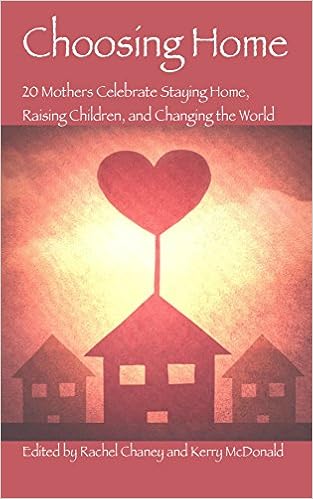Nick is a first-grader who has many interests and talents. He loves music, science, art and literature. He excels in math. But his real passion is history: he knows almost everything there is to know about the Revolutionary War and will rattle off battles and generals, key dates and important victories at the drop of a hat. He devours anything and everything having to do with the Revolutionary era, begging his parents to read books to him and take him to historic sites and museums so that he can learn more.
Nick is seven and is not yet reading at "grade level" (whatever that means). He has now been recommended for reading intervention and an IEP (individualized education plan), so that he will more swiftly achieve seven-year-old-sameness. Did I mention that he's 7? Seven! He's just at the peak of the natural reading bell-curve.
As Carol Black, director of the acclaimed documentary, Schooling The World, writes in her must-read article, "A Thousand Rivers":
"Interestingly, the Finnish school system, which has some of the highest reading scores in the world, does not begin direct instruction in reading until age seven, closer to the peak of a natural unforced bell curve than the American system, which keeps pushing instruction ever earlier. A study in New Zealand compared Waldorf schools, which begin reading instruction at age seven, to public schools, which begin at age five, and found no long-term benefit to earlier instruction. In fact, many of the studies which show an advantage to early reading instruction compare children’s proficiency at around age eight or nine. What they don’t show is that by age ten or eleven, the advantage disappears, and that by twelve or thirteen, it reverses, with children taught later showing greater comprehension and enjoyment of reading than those taught earlier."
In 1971, professor and scholar, Ivan Illich, wrote Deschooling Society, a scathing report of the damages of forced schooling on institutionalizing lamentable attitudes and behaviors. He writes:
"A...major illusion on which the school system rests is that most learning is the result of teaching...But most people acquire most of their knowledge outside school, and in school only insofar as school, in a few rich countries, has become their place of confinement during an increasing part of their lives. Most learning happens casually, and even most intentional learning is not the result of programmed instruction...Most people who read widely, and with pleasure, merely believe that they learned to do so in school; when challenged, they easily discard this illusion." (Ch.1, p.12-13)
Boston College psychology professor, Dr. Peter Gray, has written extensively about how children, when given the time and freedom to do so, naturally teach themselves to read, and why natural learning fails in classrooms. In the latter he argues:
"The classroom is a setting where you have a rather large group of children, all about the same age, and a teacher whose primary tasks are to keep order and impart a curriculum—the same curriculum for everyone...The classroom is all about training. Training is the process of getting reluctant organisms to do or learn what the trainer wants them to do or learn."
Nick will eventually be trained to read in school. But the more significant question is, at what cost? Because the thing is Nick would learn to read anyway, on his own time, probably through his passion for history and unquenchable desire to learn more about the Revolutionary period. Will that passion be snuffed out as more of his time is dedicated to reading intervention? Maybe. Will he begin to internalize a falsehood that he is not "good enough," or that "reading is not his strength," or that he is "behind his peers?" Possibly. Will Nick learn to read but not love to read? Sadly, there's a very good chance.
Institutionalizing sameness may work, but the costs are many and can be severe. The trouble with institutions is that the institutionalized have very few choices. Generally, you can go along or opt-out. In this case, opting-out means leaving the institution of schooling behind and recognizing a different way to learn: a gentler, more natural way where a child's passions are cultivated, where differences are treasured, and where learning to read is facilitated, not forced.
























I always enjoy reading your posts - thank you for making me think about topics in a different way. At this point, all three of my kiddos are strong readers, but I do feel most of that progression happened naturally through regular exposure to modeling and plenty of access to interesting books, magazines, etc...
ReplyDeletehttp://learnathomejourney.com/
I hated reading in school! I hated it to be 'on a schedule' for reading and to have to read books that "they" wanted me to read... It was later on, in grade 11, that I found the beauty of recreational reading, after the teacher assigned A Handmaid's Tale. I like to read now, a lot, and I am slowly building a library of books for my kids to enjoy. I think if mom would've read with me, maybe I would've liked it more earlier on in life.
ReplyDeleteNot all children will learn to read on their own! My daughter wasn't reading at all at the end of second grade when she was finally diagnosed with dyslexia. At all as in could not sound out a single word. It should have been caught earlier. Dyslexia research has come a long way and it can be identified in infants. Early detection is key to not loosing these kids. Now at 13 she hates reading and will only read what's absolutely necessary
ReplyDelete